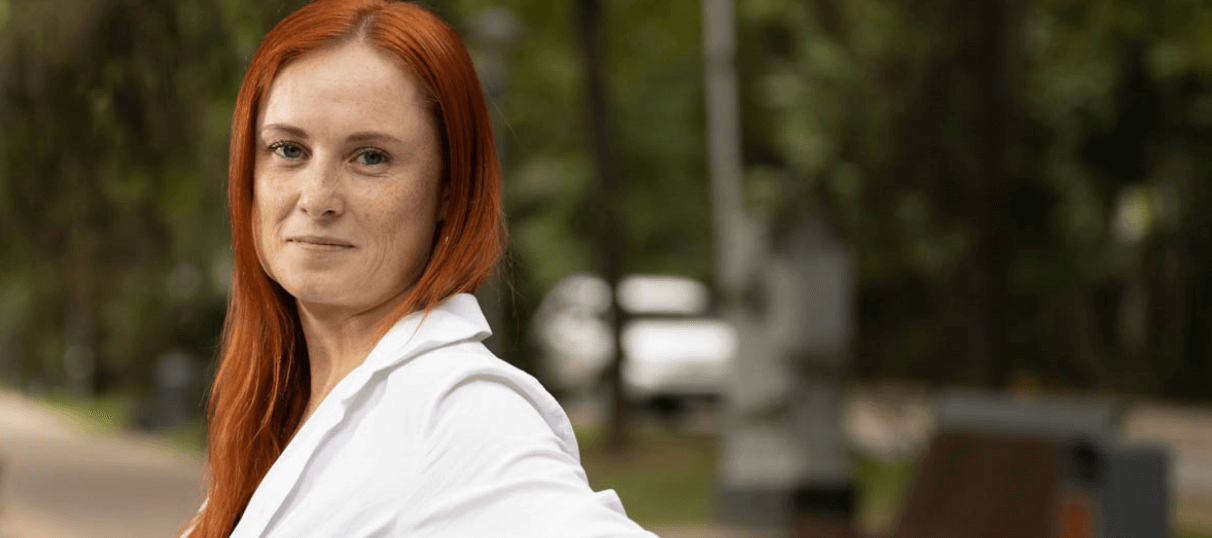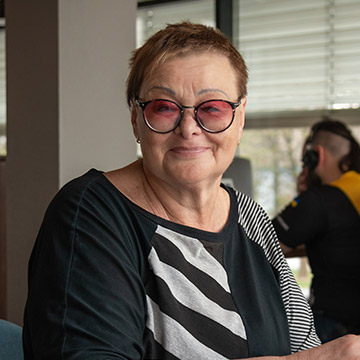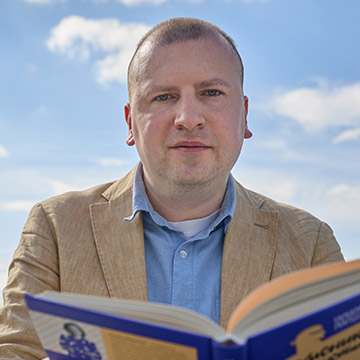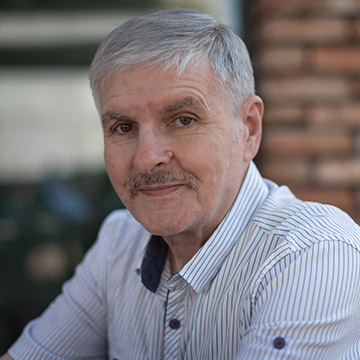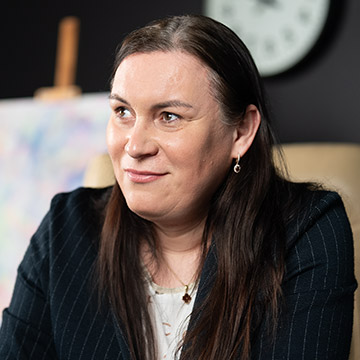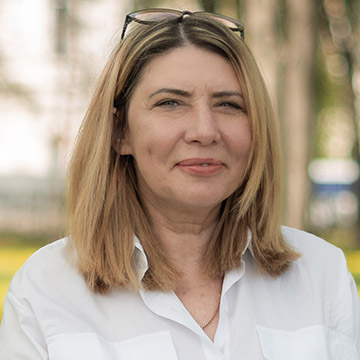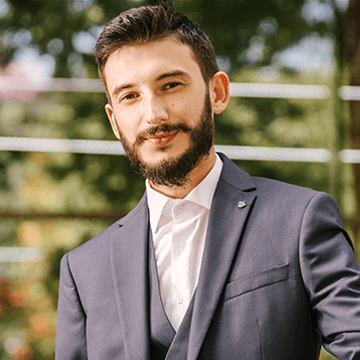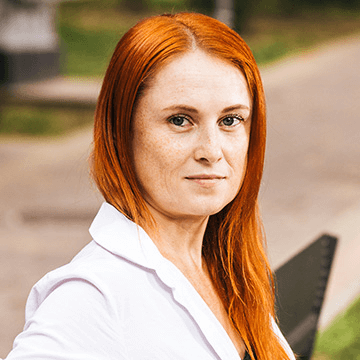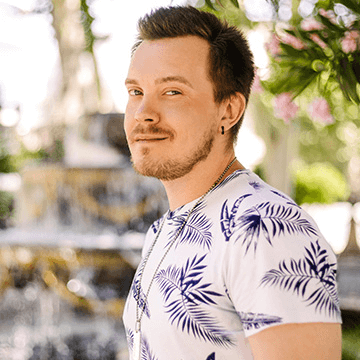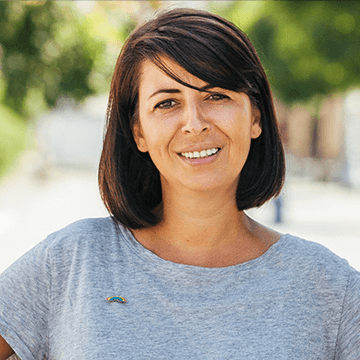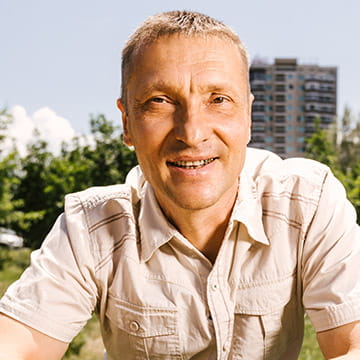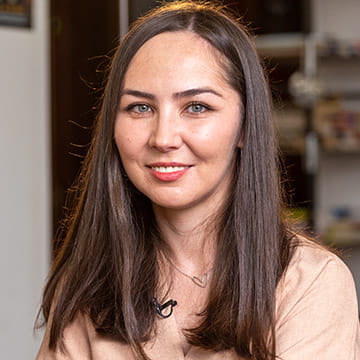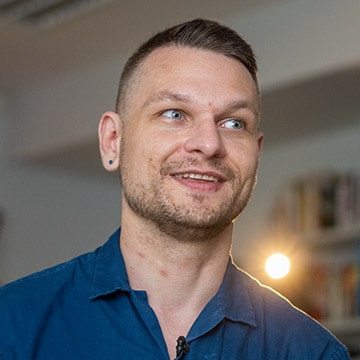Lyubov’s story
Almaty, Kazakhstan
Fighting the unique challenges and injustices that women living with HIV face is a daily reality and a true passion for Lyubov. Having lived with HIV herself for 17 years, and having received treatment only due to her pregnancy, she is intimately familiar with the myriad ways HIV intersects with women’s health, safety, and wellbeing.
Lyubov, a community activist, currently works for a community organisation that advocates for the rights of people living with HIV. From her experience Lyubov has seen how she can transform her anger into cooperation and partnerships that lead to positive outcomes for her clients.
In her work, Lyubov once met a woman who was being beaten by her husband, and was hoping to stay at a crisis centre with her child. Lyubov tried to help the woman but was furious at finding there was a policy against admitting women living with HIV: “What they were saying was nonsense so I called the head of the crisis centre and told her if they did not accept this woman, we would be filing a lawsuit against them for discrimination, and then of course she said ‘OK, everything is fine, we will accept her."
You can’t just force change on people... This experience stays in my memory as it changed how I work.
Lyubov did not stop there. She realised it was not enough just to ensure her client was admitted to the crisis centre: “It was clear that now she would be entering a discriminatory environment, because the employees did not understand HIV. The next day I arrived at the crisis centre with others from my organisation to deliver training for all the staff on HIV transmission, stigma and discrimination. They were so grateful to us, they said, "It’s true, we were scared. You pressed for the woman to be placed here, but we did not know how to act appropriately." After that, a lasting and meaningful relationship formed between the two organisations.
Lyubov has learned to understand and be compassionate towards those who may be perpetrating discrimination: “You can’t just force change on people. We need to understand the people discriminating are human beings, and that they need help to understand that HIV is not scary. This experience stays in my memory as it changed how I work.”
In her activism, Lyubov believes in the power of speaking out against stigma. She is very aware of the value she can bring by speaking openly about her own HIV diagnosis, a rare and powerful thing for a woman in Kazakhstan: “Unfortunately, I am one of the few who feel able to talk openly about my HIV status, but I think this can be extremely impactful when we are conducting training with doctors, police, and the community – it is very important for them to see a personal example.”
The impact of RADIAN on Lyubov’s work
Support from RADIAN is helping Lyubov’s organization expand and adapt its medical education programs. Lyubov believes there must be sufficient training for clinicians on both the medical aspects of living with HIV, and on the social aspects and how they affect key populations like men who have sex with men, sex workers, trans people, and people who use drugs.
The organization is also building on its work with the police, focusing on cooperation between law enforcement and those working in HIV when it comes to best meeting the needs of key populations. By focusing on prevention and support for these communities, Lyubov hopes to reduce the structural stigma and discrimination faced by people affected by HIV.



